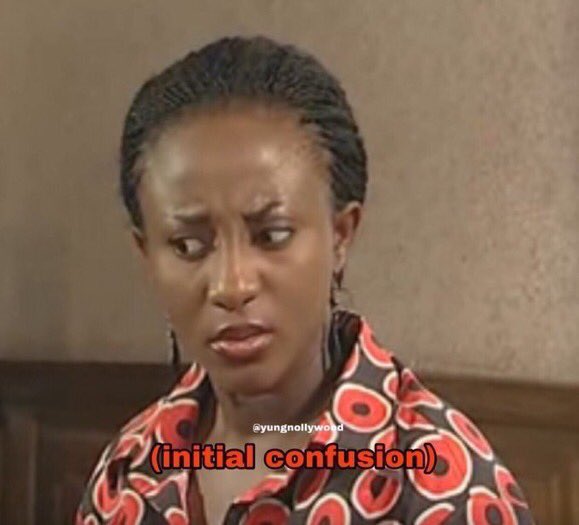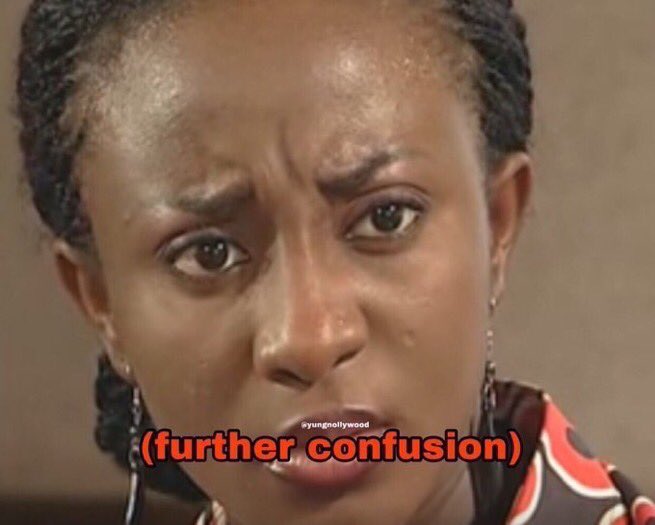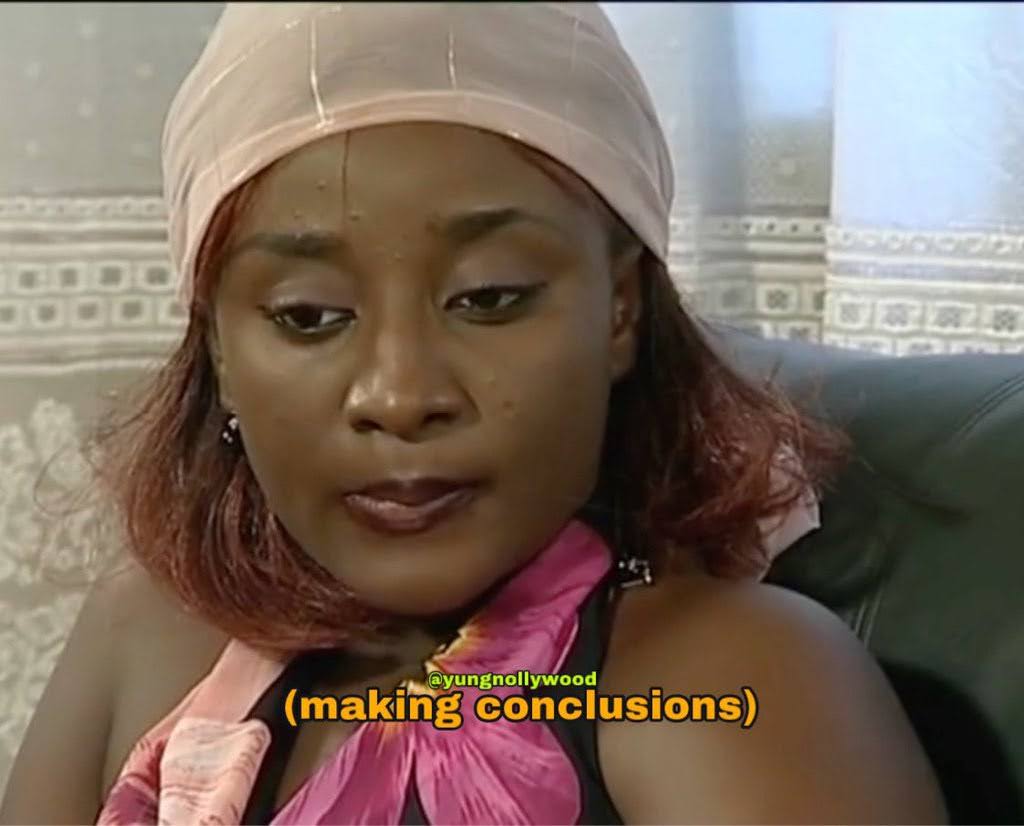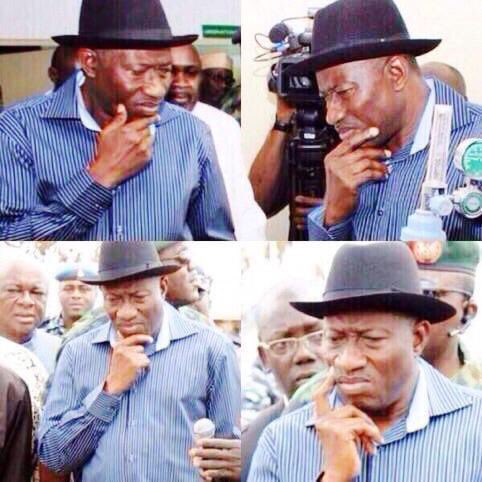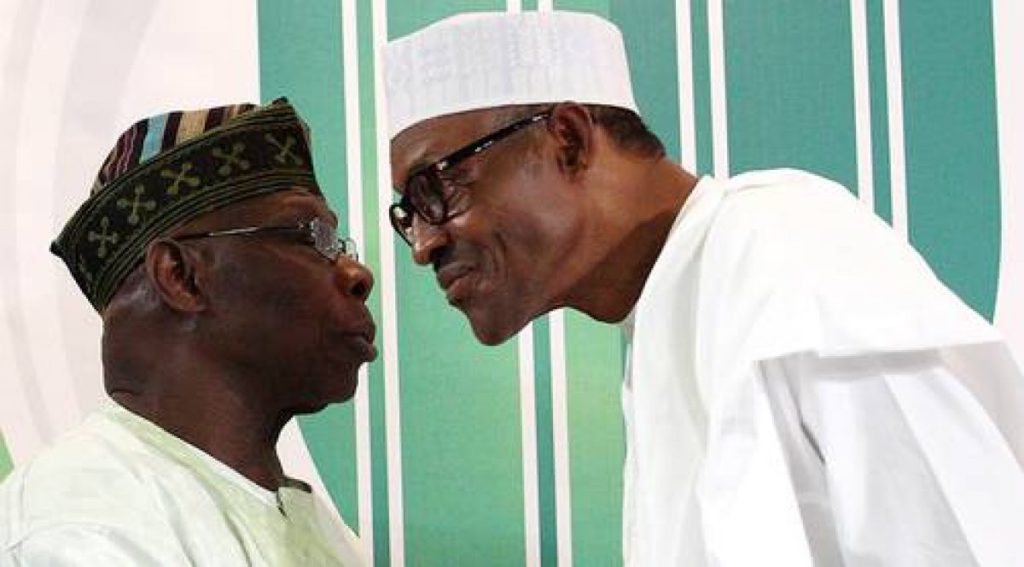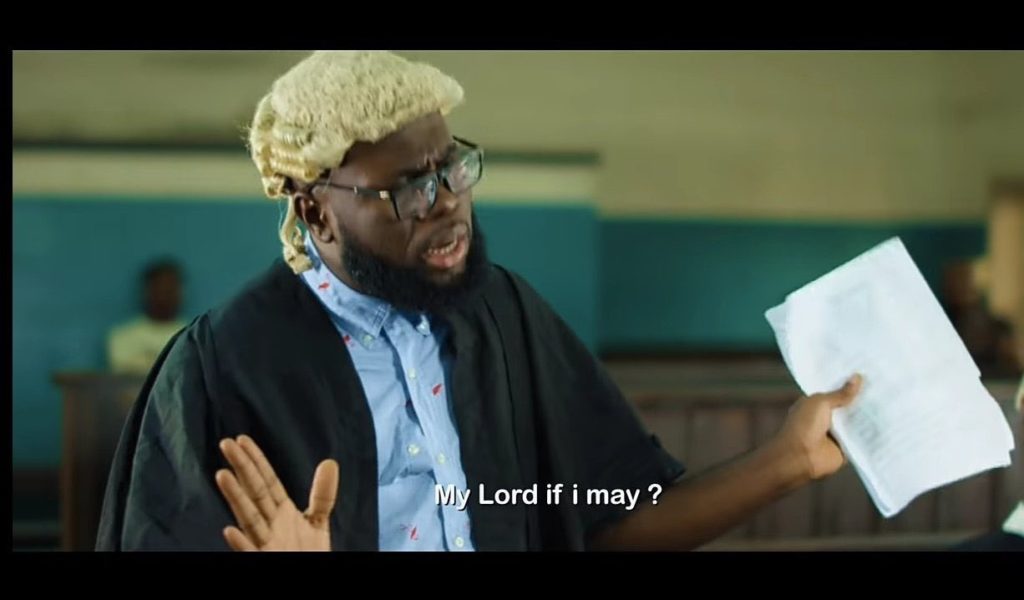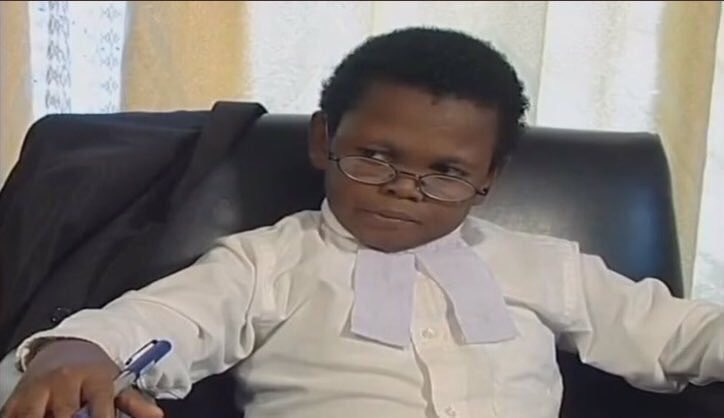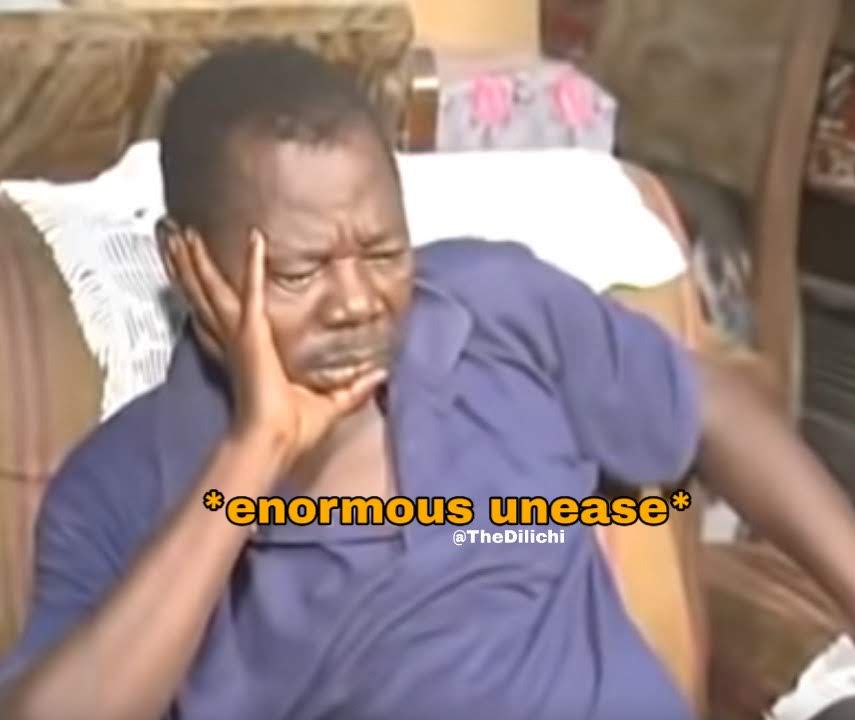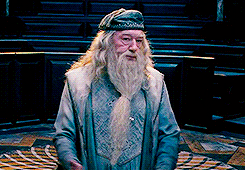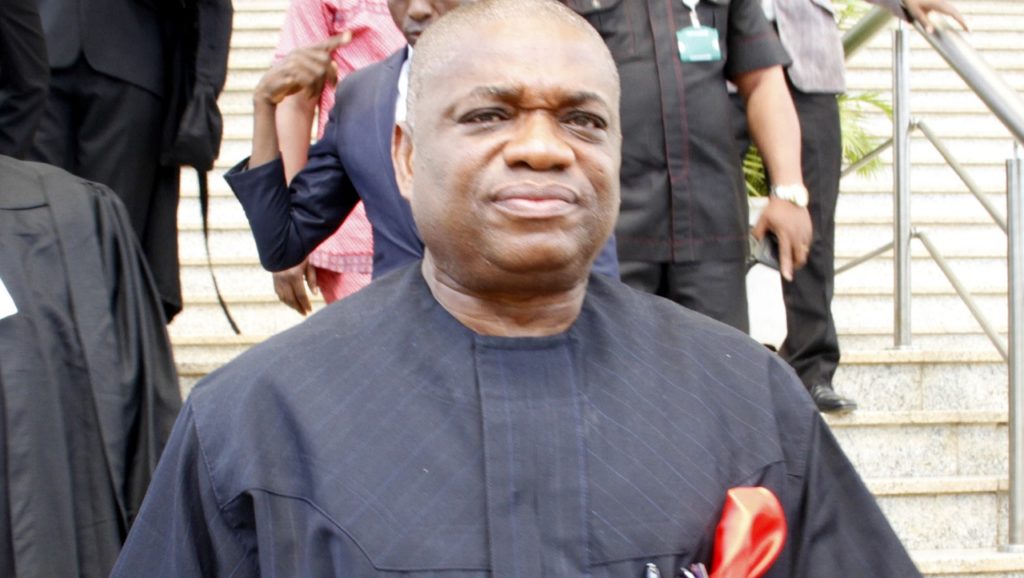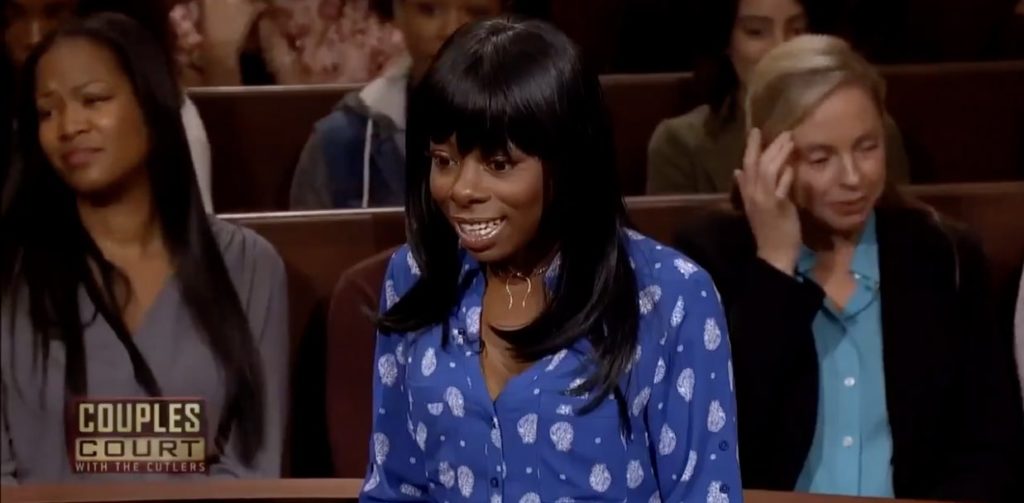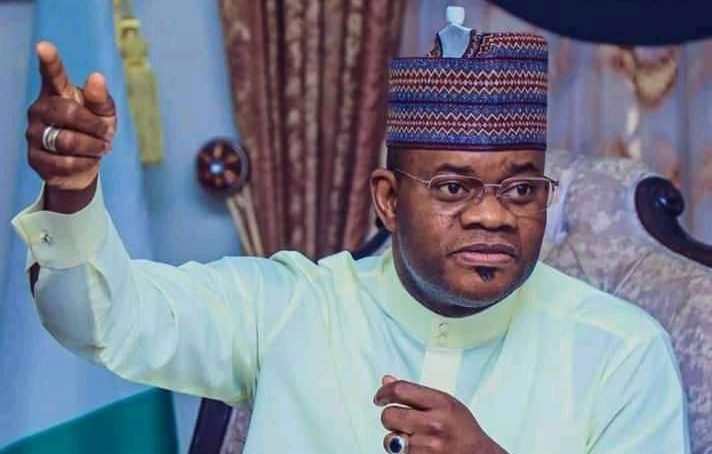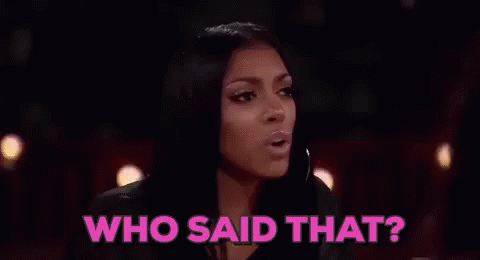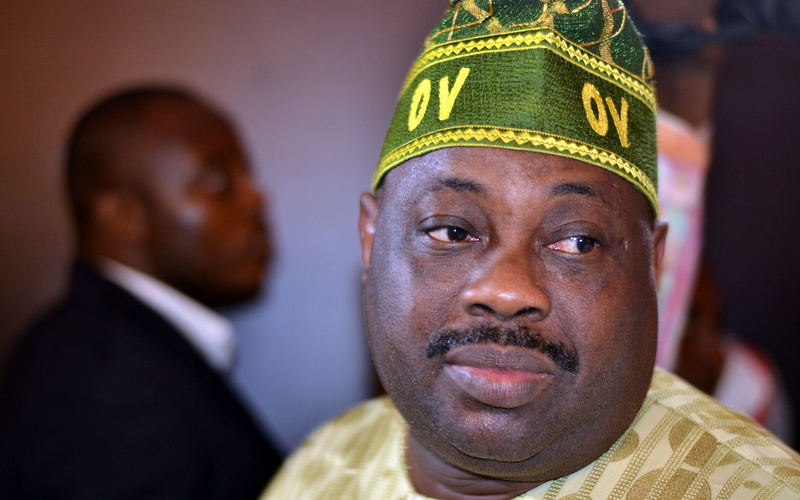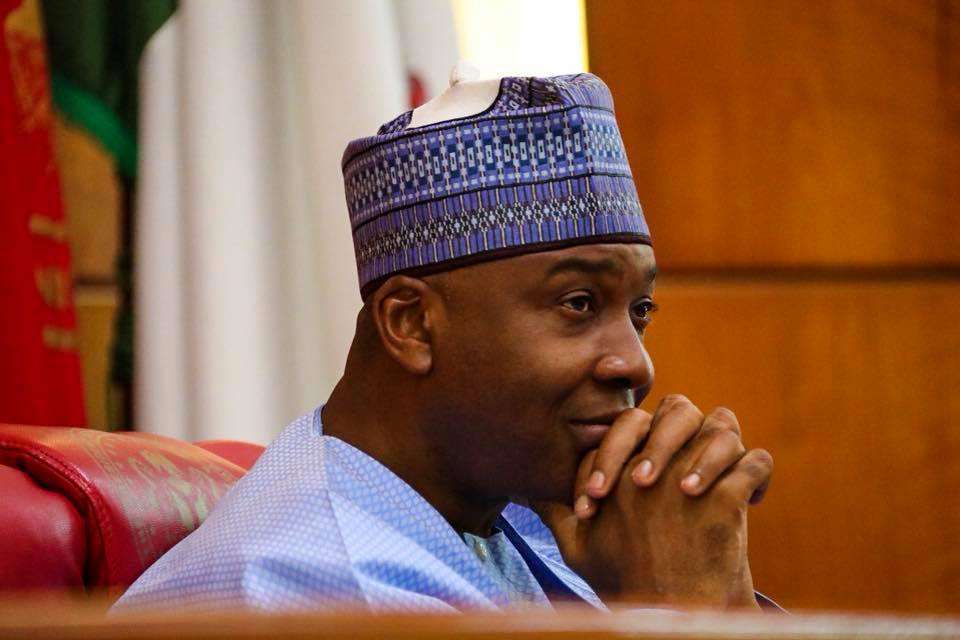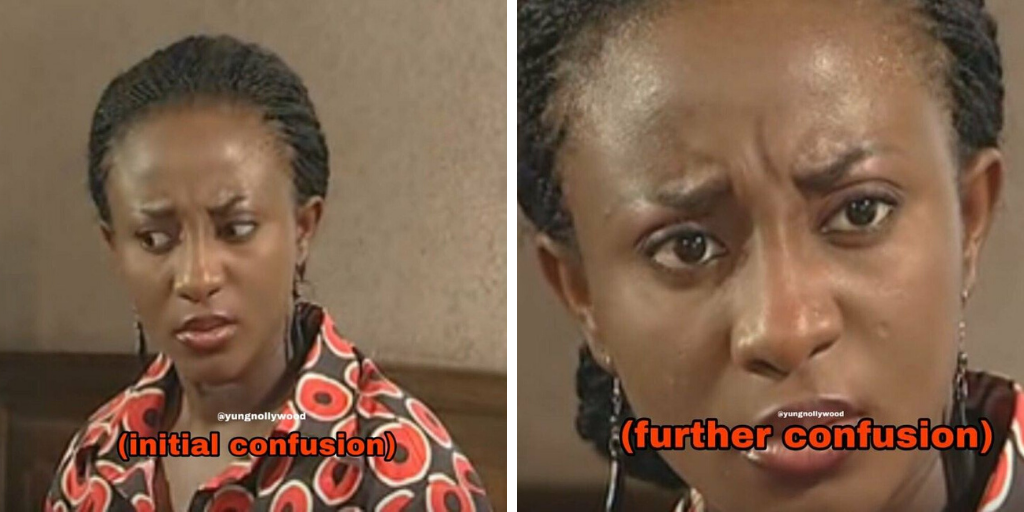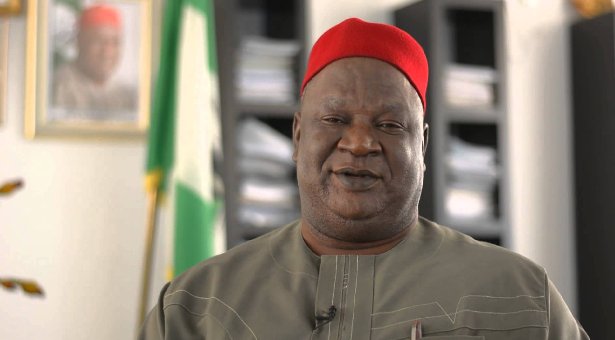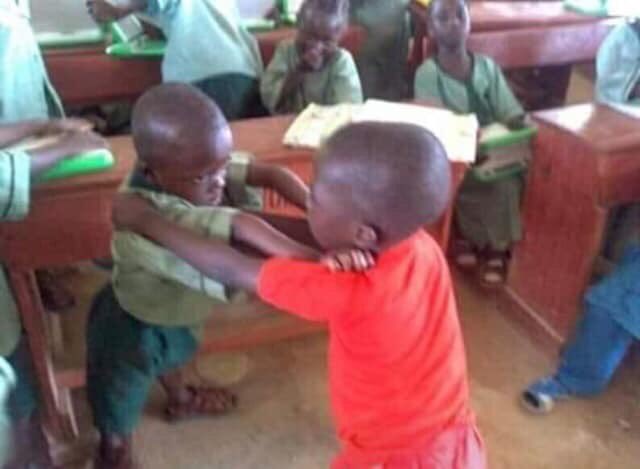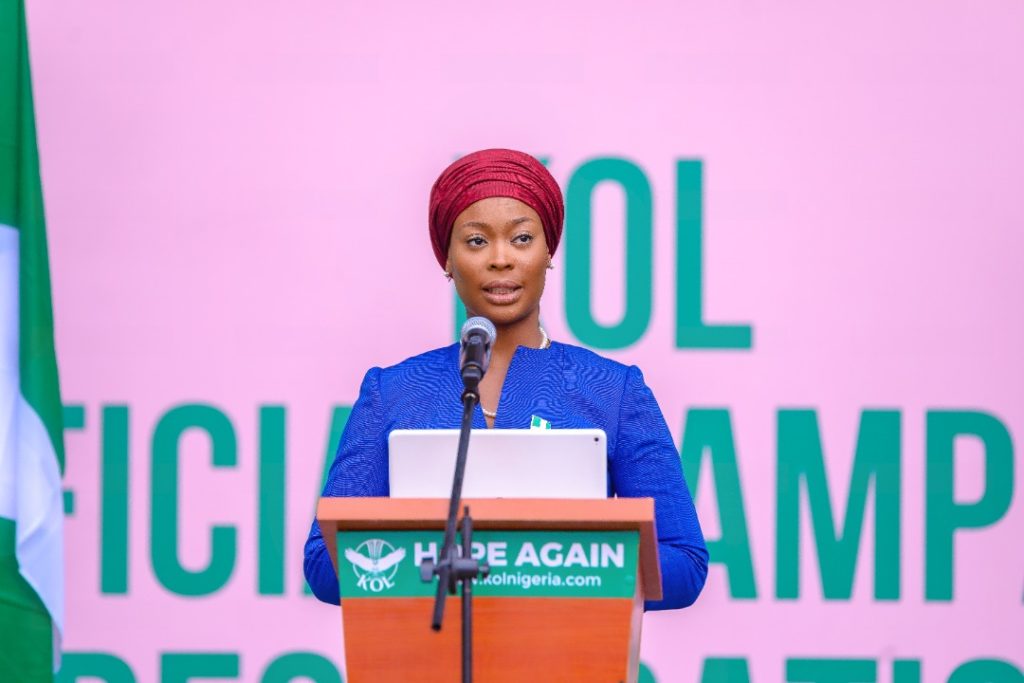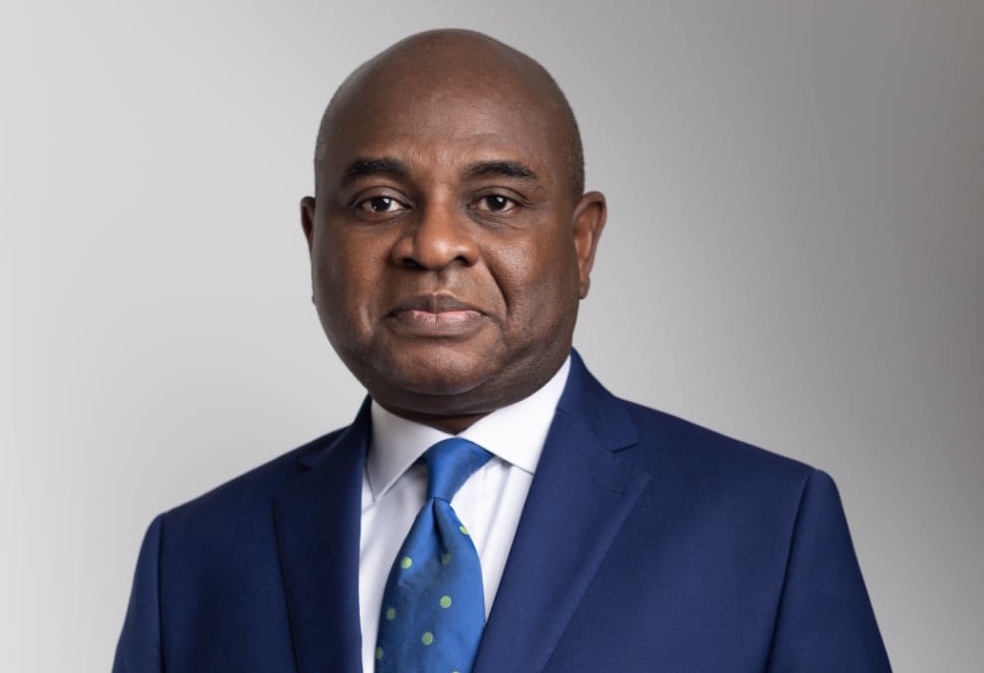You can call the All Progressives Congress (APC) party many well-deserved names, but the one thing they’re not is boring. Throughout the 2023 election season, they’ve made us go through many emotions ranging from pure amusement to “how are these people our leaders?”
On June 8, 2022, Bola Ahmed Tinubu won APC’s presidential primaries, and since then, his campaign has been in full swing. He’s gone from state to state trying to convince Nigerians to vote for him.
Surprisingly, the greatest opps to Tinubu’s presidential run aren’t members of opposition parties but instead members of his party, the APC.
What’s going on?
On February 1, 2023, Nasir El-Rufai, Kaduna state governor and Tinubu stalwart, during a live appearance on Channels Television, revealed that some people in the Aso rock are trying to sabotage APC’s presidential win. Why? They’re still unhappy with Tinubu’s victory over their preferred candidates at APC’s presidential primaries.
El-Rufai said Emefiele’s Naira redesign is taking place at a sensitive time because it leaves the APC vulnerable ahead of the upcoming elections.
This isn’t the first time we’ve seen trouble in the APC camp
Naja’atu Muhammad
On January 21, 2023, Naja’atu Muhammad resigned from APC’s Presidential Campaign Council (PCC). And like a bitter ex, she gave us all the tea on Bola Tinubu and why he shouldn’t be Nigeria’s next President.
She said the APC presidential candidate has dementia, and he bribed his way to the presidential ticket. Tinubu’s running mate, Kasim Shettima, also took some stray bullets as she accused him of being in bed with terrorists.
Babachir Lawal
When Bola Tinubu decided to run with a Muslim-Muslim ticket, many Nigerians raised eyebrows. Babachir Lawal, APC chieftain and former Secretary to the Nigerian government, was one of the many to voice his disapproval.
During an interview with the British Broadcasting Corporation (BBC), he stated that he had withdrawn his support from Bola Tinubu. And in December 2022, he publicly declared his support for Peter Obi, the presidential candidate of the Labour Party (LP).
President Buhari
President Buhari has been lukewarm towards Bola Tinubu’s presidential campaign. Although the PCC has come out to say that the president is too busy to attend campaigns, the opposition parties have picked up on this with a claim that he might be trying to separate himself from Tinubu’s presidential candidacy.
Tinubu has now entered full dragging mode and won’t leave Buhari’s baba’nriga. On January 31, 2023, during his campaign rally in Calabar, he called out the government over the consistent depreciation of the Naira from 200 to 800.
Before then, he had claimed at a rally in Ogun state on January 25, that some people in the party were trying to sabotage his campaign. Again, he said Emefiele’s redesign policy was targeted at him.
It’s starting to look like the APC might need to regroup because, with barely weeks left until the 2023 presidential elections, the biggest hurdles to their victory at the polls might just be themselves.
Are you signed up to our Game of Votes newsletter yet? We help you make sense of news jargon and keep you up-to-date especially with election news. Make the subscription of a lifetime here



